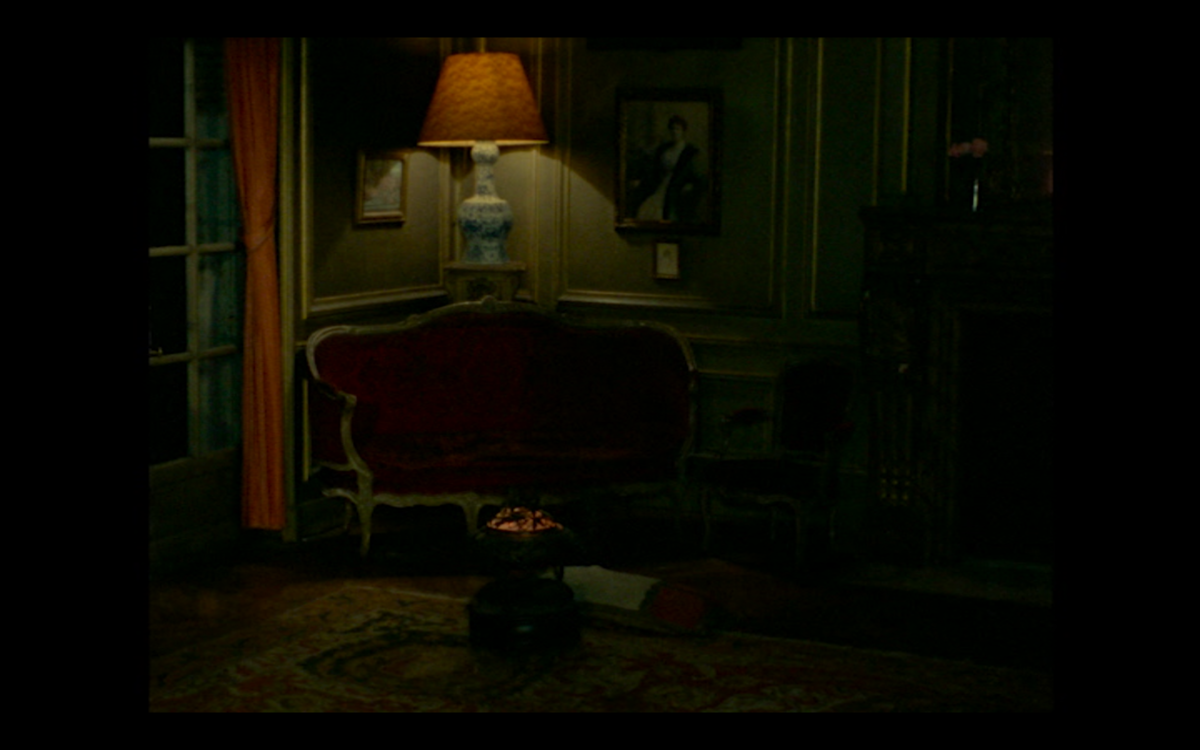Let us consider this differently: if true thoughts are not developed, it is not because they would be immutable, eternal, perfect in their unique formulation, but because they do not wish to impose themselves.
— Maurice Blanchot, The Infinite Conversation
There is no greater pleasure than friendly disagreement. That is to say, there is no space as gratifying as one in which voices collide, whether they be collaborative, creative or personal, or—as these essays attest to—the inevitable intersection of these and many more qualities. In a short piece of dialogue from Maurice Blanchot’s The Infinite Conversation, true to form written as a booklength meandering discussion with himself, he describes an exchange between two friends he once overheard. What seemed extraordinary to him (and years later, to me) was the way in which one person would set out to put into words some affirmation or another, after which the friend would express a seemingly identical proposition, albeit in different words. A conversation in which nothing was developed in any strict sense, but in which this supposed truth was expressed by the one, then the other, in terms which they felt to be right for them respectively, a truth constituted through “the infinite difference” between the two.
Whether this alleged conversation ever took place, we will never know and is, as we have come to know, quite irrelevant. There is no harm in constituting a fiction to lay bare a truth—always relative—as is shown by artists since time immemorial, many of whom throughout their lives turned again and again towards what they considered necessary to study, necessary to communicate, seeking new fictions to touch at the heart of what they deemed essential—in life as well as their medium. Duras and Rivette form no exception. In the relatively brief though expansive history—let us call it a conversation—of cinema, these artists entered the scene during the 1960s and developed aesthetics that both answered the call of their time and responded to an art history that far preceded them, showing an acute sensibility to the potential and limits of their medium, which they set out to both disclose and destroy. They did not do this by themselves. Their work testifies to a multitude of conversations while facilitating the proliferation of a multitude to come, whether through an endless and reconfiguring totality or a chasmal and echoing negativity. They have created films that, like the otherworldly characters that inhabit them, appear ageless and boundless; expansive works that reach into our present, touching upon longings, differences, irresolvabilities that haunt us, that insist on staying in conversation.
This issue, set out to be about self-referentiality, autofictionality and shared authorship, came to be about much more, through a collision of voices that made visible an irreducibility of relation—to the medium, the self, others—that far exceeds the jargon we frequently take on to discuss these filmmakers. While these terms obviously intend to clarify precisely the relation of art to world, fiction to nonfiction, they fail tremendously, since they neglect to address what is at stake. I believe that these disparate voices, on the other hand, have succeeded in touching upon something that belongs to Duras and Rivette; ‘to belong’ not being the right verb, since it too implies some essential relation, something set in stone—the one thing these two filmmakers will not stand for.
In a piece that bears testimony to Duras’s and Rivette’s tireless redefinition of their authorship and medium, Ruairí McCann addresses two late works of the respective filmmakers, Le Camion (1977) and Histoire de Marie et Julien (2003). Through an exploration of the production histories behind these self-conscious works, he reveals the intricate unravelings and recompositions that lead them to their eventual form: a history constituted of collaborations both hypothetical and materialized, revealing a shared authorship not only of director, crew and actors, but also of that last collaborator consistently omitted in the credits: contingency.
The various ways in which the world punctures the cinematic fiction are not restricted to its production process; the material conditions of an artist’s life seep into his work, as demonstrated by Zahra Tavassoli Zea’s essay on Rivette’s Gang of Four (1989). Her detailed account of classicist legacies in Rivette’s work discloses how his oeuvre is characterized by an attentiveness to the greater forces—mainly of a monetary nature—that draw up our society. She shows how resistance in the Rivettian universe takes on the form of a conservation of one’s playful spirit on a quest for truth, as his protagonists bypass the given capitalist script through the bonds of sisterhood and artistry.
Likewise, in all her writing and rewriting of her life’s experiences, Duras never caved in to any preconceived script. In an intimate and incantatory reflection on writing, filming, creation and the material with which we stand in dialogue in our attempts to communicate that which falls beyond the grasp of both language and image, Maximilien Luc Proctor sheds light on Duras’s short films, with special attention for L’Homme atlantique (1981) and her undefinable relation to its protagonist, Yann Andréa.
The opacity that emerges in one’s relation to another is by no means absent in our relation to ourselves. In a rumination on Duras’s mirror palaces, her perpetual reflections on the same, the same, and the other, Michaël Van Remoortere considers Duras’s self-constructions and -reconstructions, her incessant return to the images of her youth and the unknowability of the self that surfaces in her many characters (or alter-ego’s).
This continuous return finds a parallel life in the cyclicality of Rivette’s Duelle (1976), laid bare by Kathy Vanhout in an alert observation of the precise and circular motions of its actors and cinematography and its theatrically inspired intent to engage the spectator in a ritualistic sense of time that cracks open a single film into an endless reservoir of potentialities.
It’s been a pleasure to have these voices to myself, but it’s time to perpetuate the conversation.
